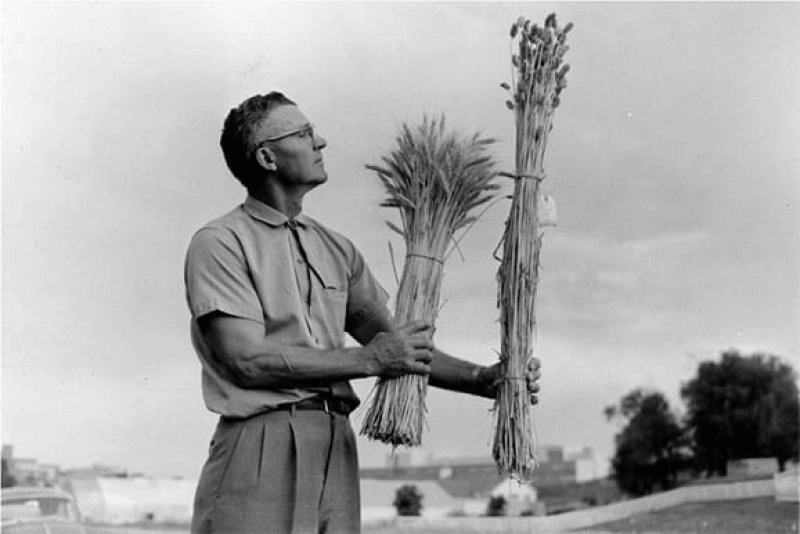Identifying genes that make plants “cooperate” with their neighbours rather than compete with them could enable breeders to develop more productive crops.
Natural selection usually favours “selfish” plants that beat their rivals in the competition for light, space and nutrients. But crop breeders can boost overall yield by selecting plants with traits that are helpful to nearby plants, such as shorter stems, less spread out leaves and compact roots.
Genetic analysis could be the key to discovering more of these cooperative traits that would enhance breeding programmes, says Samuel Wuest at the University of Zurich in Switzerland. “Optimising the collective performance of plant groups may be achieved relatively easily, once we know how to identify cooperative traits or genes.”
…
Plants with this [cooperative] variant collectively produced 15 per cent more biomass when grown in high density situations than those carrying the other version of the gene. This could be because plants with the minor variant didn’t invade their neighbours’ root zones with their own roots as much, allowing more equitable access to nutrients.
Similar experiments with crop plants may help breeders find genes that promote cooperation and improve yields.































